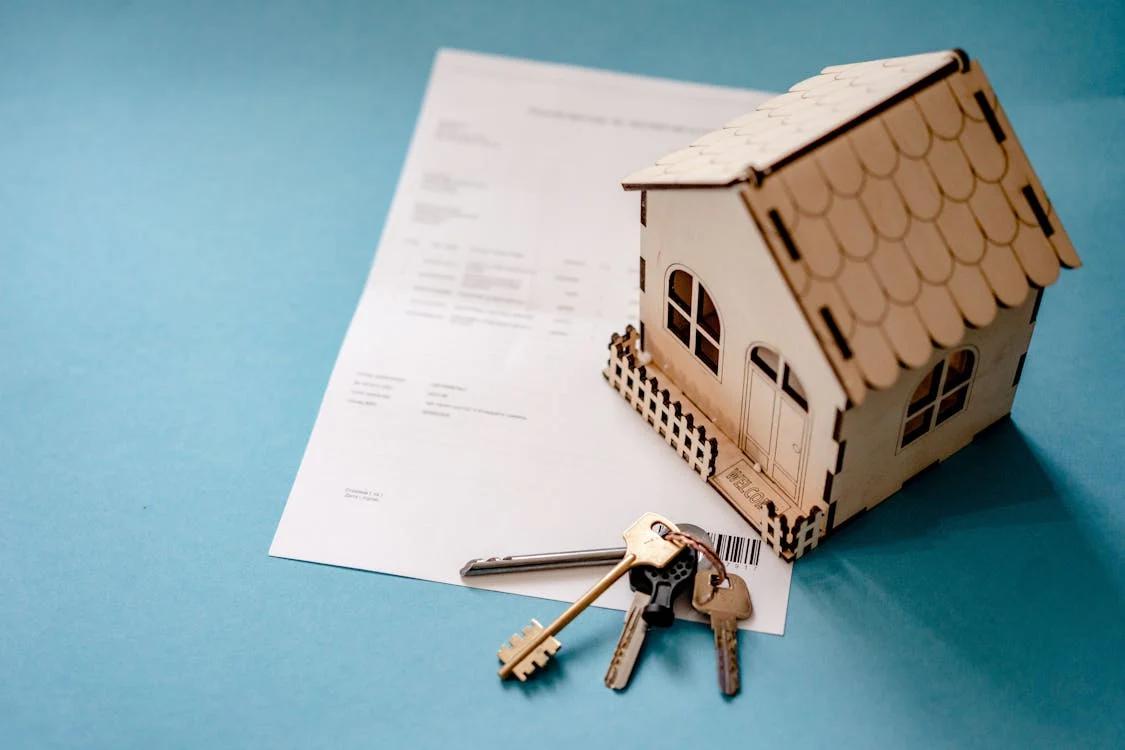Building your dream home from the ground up is an exciting journey, but it also requires careful financial planning and a deep understanding of new construction loans. Whether you’re constructing a custom home in Denver, expanding in Boston, or building a family home in Charlotte, financing a new construction project involves several steps that can be overwhelming for first-time home builders. This guide will walk you through the entire process, from pre-approval to final closing, providing key insights into how to choose the right lender, manage your budget, and navigate common obstacles along the way.
Step 1: Understand What a New Construction Loan Is
A new construction loan is a short-term, high-interest loan designed to cover the cost of building a home. Unlike traditional mortgages, which are distributed in one lump sum, new construction loans are typically disbursed in stages based on the progress of the construction. These loans often have more complex approval processes and higher interest rates than conventional home loans, as they carry more risk for the lender.
For homebuilders in cities like Denver, where land costs and labor can fluctuate, it’s essential to understand the terms and conditions of a new construction loan to ensure you have the financial flexibility to complete your project on time.
Step 2: Get Pre-Approved
Before you dive into the construction process, it’s important to get pre-approved for your new construction loan. Pre-approval helps you determine how much you can borrow and gives you a clear budget to work with. It also signals to contractors and builders that you’re financially prepared to move forward with the project.
Case Study: Denver, CO
In a city like Denver, where the real estate market is highly competitive, pre-approval can give you a critical edge. Lenders in Denver will carefully evaluate your credit history, income, and existing debt to determine whether you’re eligible for a construction loan in Denver. To improve your chances of approval, be sure to have a strong credit score and a solid financial history before applying.

Step 3: Choose the Right Lender
Not all lenders offer new construction loans, and those who do may have varying requirements and terms. Finding the right lender is a crucial step in the process, as it will impact everything from your loan interest rate to the flexibility of your payment schedule.
Comparing Lenders in Different Cities
- Boston, MA: Lenders in Boston may be more familiar with the challenges of building in a dense urban environment, where zoning laws and building regulations are strict. If you’re looking for a construction loan in Boston,choose a lender with experience in the local market and the ability to navigate these complexities.
- Charlotte, NC: Charlotte offers a more suburban landscape, which can lead to lower land costs and fewer regulatory hurdles. However, you should still shop around for lenders who specialize in new construction loans in Charlotte, as they can provide more tailored loan options and better advice on the local market.
Tips for Choosing a Lender
- Look for lenders who have experience in your specific market.
- Compare interest rates and fees from different lenders.
- Read reviews and ask for recommendations from others who have completed construction projects in your area.

Step 4: Create a Detailed Budget
Once you’ve been pre-approved and chosen a lender, the next step is to create a detailed budget for your project. New construction loans are often disbursed in stages, so having a clear financial plan in place will help ensure that you stay on track as the project progresses.
Your budget should account for:
- Land costs
- Construction materials
- Labor costs
- Permits and fees
- Contingencies for unexpected expenses
Case Study: Boston, MA
Building in Boston can be more expensive than in other cities due to higher land costs and stringent building regulations. Developers and individuals seeking new construction loans in Boston should budget for additional expenses such as environmental impact assessments, zoning approvals, and historic preservation requirements, if applicable. Having a buffer in your budget to accommodate these costs will help prevent delays.
Step 5: Manage the Construction Process
After securing your loan and finalizing your budget, it’s time to begin construction. This is where the disbursement of your new construction loan comes into play. Lenders typically release funds in stages, known as “draws,” which correspond to specific milestones in the construction process.
To manage the construction process effectively:
- Stay in close communication with your lender and builder.
- Ensure that each phase of construction is completed before requesting a draw.
- Monitor your expenses closely to avoid overspending.
Common Obstacles During Construction
Building a home can come with unexpected challenges, such as delays in material delivery, weather-related disruptions, or changes in building codes. It’s important to stay flexible and prepared for these issues, especially in cities like Charlotte, where rapidly changing regulations can impact your timeline.

Step 6: Close on Your Loan
Once your home is completed, you will need to transition from your new construction loan to a permanent mortgage. This process is known as “loan conversion.” The permanent mortgage will replace the construction loan, allowing you to pay off the remaining balance over a longer period at a lower interest rate.
Case Study: Charlotte, NC
In Charlotte, the real estate market is growing rapidly, making it an attractive location for new construction. However, homeowners need to be aware of fluctuating interest rates. When transitioning from a construction loan in Charlotte to a permanent mortgage, timing can be crucial. Locking in a favorable interest rate during the conversion process can save you thousands of dollars in the long run.
Tips for a Smooth Loan Conversion
- Begin the conversion process early to avoid delays.
- Monitor interest rates and lock in a favorable rate as soon as possible.
- Work closely with your lender to ensure all necessary documentation is submitted.
Final Thoughts: The Key to Success in New Construction Financing
Securing a new construction loan is a complex process, but with the right planning and financial strategy, you can bring your dream home to life. From choosing the right lender to managing your budget and navigating the construction process, each step requires careful attention to detail.
For those building homes in Denver, Boston, or Charlotte, understanding the unique market conditions and regulatory environments in these cities will help you make informed decisions throughout the financing process. By staying organized and proactive, you can ensure a successful and stress-free construction experience.
Ready to Start Building Your Dream Home?
At Insula Capital Group, we specialize in new construction loans designed to help you achieve your vision. Whether you’re building in Denver, Boston, or Charlotte, our team of experts is here to guide you through the loan process and provide flexible financing options. Contact us today to learn more about how we can help finance your dream home.




